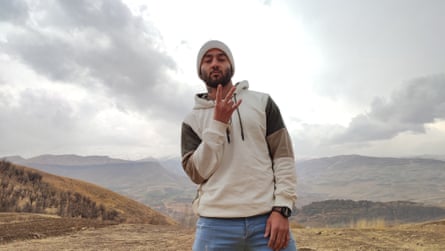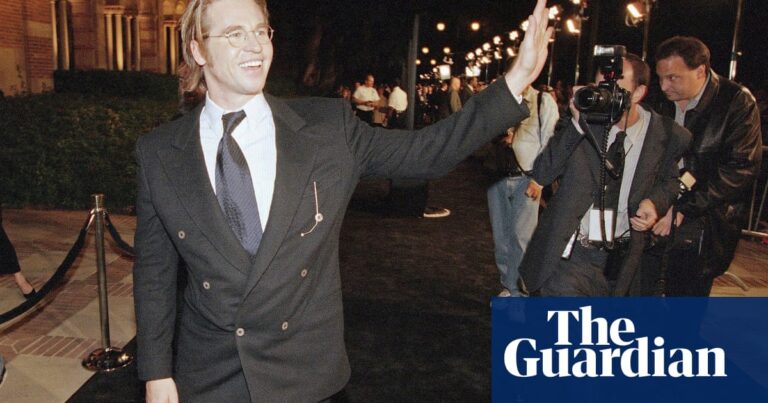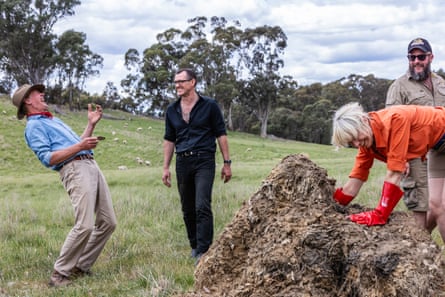More than 100 figures from the worlds of music, culture and human rights activism – including Coldplay and Sting – have signed a statement calling for the release of the Iranian rapper Toomaj Salehi who has been sentenced to death in Iran after protesting in support of women’s rights.
The 33-year-old, who was a vocal supporter of the Women, Life, Freedom movement in Iran was sentenced to death by a court in the city of Isfahan on 24 April, according to his lawyer.
He was originally arrested in September 2022, and spent a year and 21 days in prison, including 252 days in solitary confinement. After being released on bail, he described being “severely tortured” during his time in prison. He was arrested again two weeks after his release, in December 2023, and charged with “corruption on Earth”.
Through his music, Salehi was outspoken in his support of the demonstrations in the months following the death of Mahsa Amini – who died while in police custody in 2022 after being arrested for allegedly wearing an “improper hijab”. Amini’s death sparked widespread protest across Iran.
The statement calling for Salehi’s release, drawn up by the advocacy group Index on Censorship, is supported by Jade Thirlwall of Little Mix, DJ Rob Da Bank, writer Margaret Atwood, and theatre-maker Roshi Nasehi.
The statement says: “As artists, musicians, writers and leading cultural figures we stand in solidarity with Toomaj Salehi. We call for his death sentence to be immediately and unconditionally quashed and for him to be released from detention without delay, with all other charges dismissed.
“Art must be allowed to criticise, to provoke, to question and to challenge authority. That is both our right and our duty as artists.”
Salehi, who has more than two million followers on Instagram, has been outspoken about the Iranian regime in protest tracks such as Mouse Hole, Turkmenchay and Pomegranate, which criticise the regime, call out corruption, and support better rights for workers and women.

London-based composer and pianist Tamara Barschak, who signed the petition, said: “I’m a supporter of democracy, justice and stand wholly against oppressive regimes.”
Barschak said she felt shocked on hearing of Salehi’s death sentence, and called for increased awareness of the topic – especially within the music world.
She encouraged musicians to sign the Index on Censorship document, write songs about Salehi, and discuss his case on social media. “We need to alert people to the scale of this regime,” she said. “The fact that this poor musician is under threat of execution for expressing his beliefs is horrible. Everyone should be talking about this; I as a musician will start talking about it online.”
Another of the statement’s signatories, Elli Brazzill, from UK-based campaign group Art Not Evidence, said:“This death sentence for making music is a terrifying step. Artists have historically been targeted because music and art are such powerful mediums. Censorship of music, especially rebellion or protest music, goes back thousands of years around the world, but to be sentenced to death for it is just unimaginable.”
The Kurdish-Iranian rapper Saman Yasin was also arrested in Iran in 2022 after the Women, Life, Freedom protests and sentenced to death. The ruling was overturned in December 2022 and he has now been sentenced to five years in exile, according to pro-reform news outlet IranWire.
Jemimah Steinfeld, incoming chief executive at Index on Censorship, commended the scale of support the organisation had received for Salehi’s release. “The scale and diversity of the signatories of this statement sends a clear message from the international cultural community that Toomaj should be released immediately.
“Toomaj is brave and brilliant and it’s incredibly humbling, to say the least, to see people unite behind him in the way that they have … Iran must adhere to its international human rights commitments.”
Source: theguardian.com





















